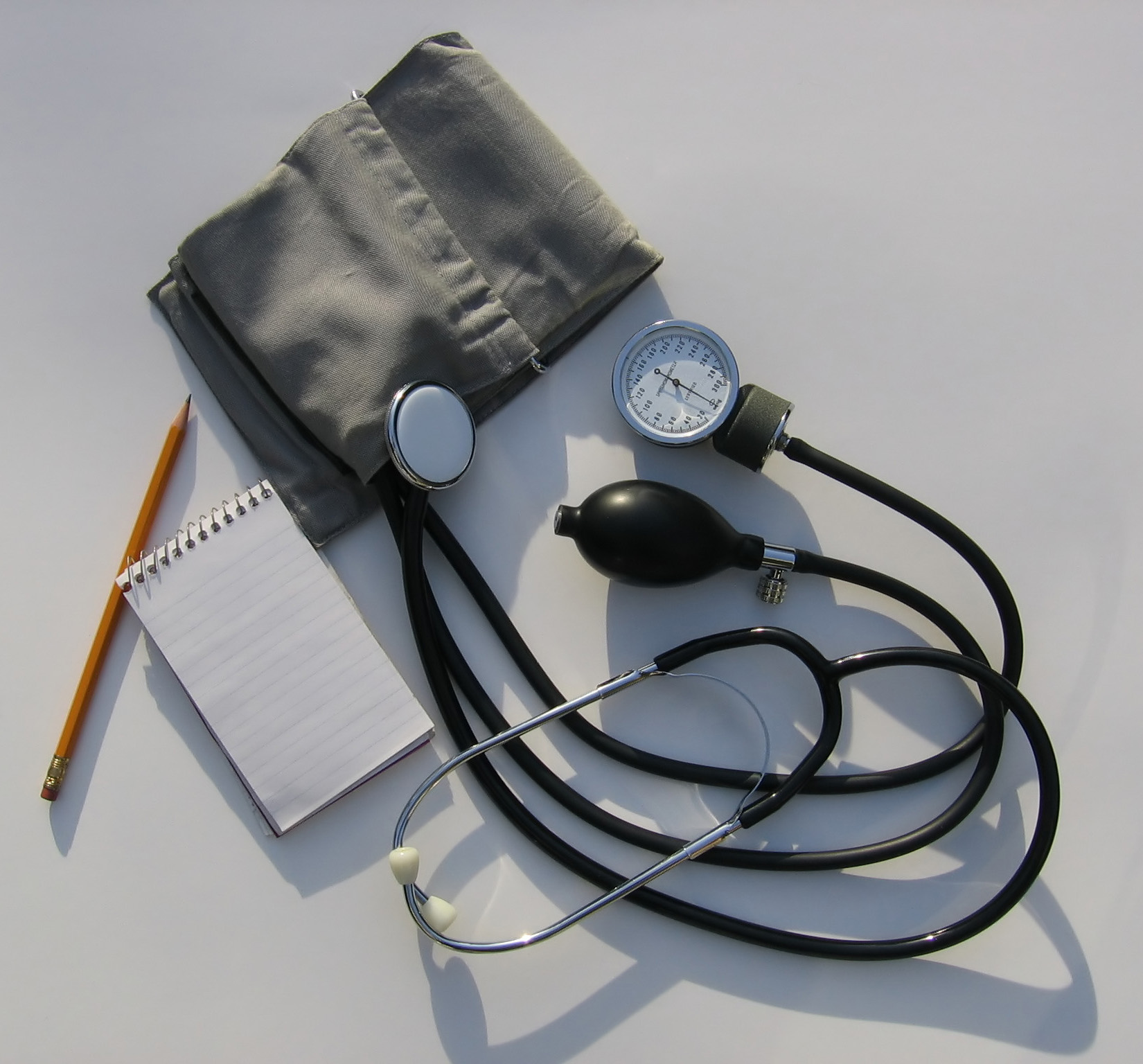MONDAY, Feb. 8, 2016 (HealthDay News) — The brain relies on several areas on the left side (hemisphere) of the brain to spell words, a new study says.
Researchers from Johns Hopkins University in Baltimore pinpointed these regions by studying the brains of 33 stroke patients who lost the ability to spell. Their spelling struggles were due to damage in seemingly unrelated parts of the brain.
“When something goes wrong with spelling, it’s not one thing that always happens — different things can happen and they come from different breakdowns in the brain’s machinery,” said study lead author Brenda Rapp, professor and chair of the Department of Cognitive Science.
“Depending on what part breaks, you’ll have different symptoms,” she explained in a university news release.
These findings provide new insight into the mechanics of language and memory, the researchers said.
Some of the patients in the study had long-term memory problems while others had working memory difficulties. Working memory is a short-term memory for information that’s currently being processed, according to the American Psychological Association.
Those with long-term memory deficits had damage in two areas of the left hemisphere, one near the front of the brain and the other in the lower part of the back of the brain, the research revealed.
Those with working memory problems also had damage in the left hemisphere, but in a different area in the upper part of the back of the brain, according to the study published recently in the journal Brain.
“I was surprised to see how distant and distinct the brain regions are that support these two subcomponents of the writing process, especially two subcomponents that are so closely interrelated during spelling that some have argued that they shouldn’t be thought of as separate functions,” Rapp said.
“You might have thought that they would be closer together and harder to tease apart,” she added.
A fair amount is known about how the brain handles reading, but these are some of the first findings of how it spells, Rapp and her colleagues said. The results could lead to improved treatment of brain-damaged patients and more effective ways to teach spelling, according to the researchers.
More information
The University of Toronto offers tips to improve your spelling.
Copyright © 2026 HealthDay. All rights reserved.

